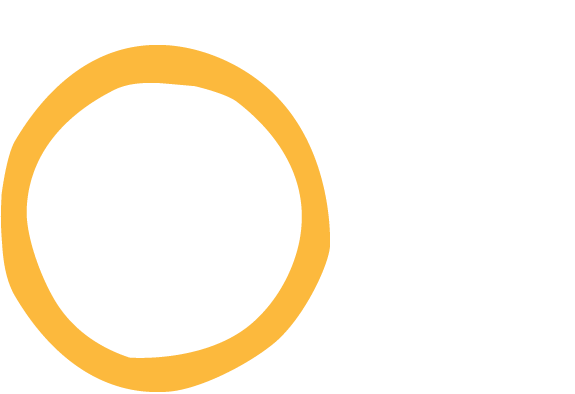A History of Suffering.
Cycles of oppression set in motion centuries ago have ravaged generation after generation of Congolese people. The war, genocide, exploitation and tribal clashes represent humanity at its worst.
Today, Congo suffers at the center of a new conflict: its uniquely rich mineral deposits, coveted by manufacturers of cell phones, video games and other high-demand electronics, generate wealth that fails to reach the impoverished Congolese people.
Despite this climate of torture and violence, lack of leadership, and so many lives needlessly lost, Congo’s people remain resilient and strong. Born into a world of darkness, they are capable to change the trajectory of their history. Restoring light to the Congolese people can not only lift the nation, but serve as a beacon of inspiration to the world.
By awakening this light within its people, Africa New Day is helping Congo transform itself one Congolese at a time.














